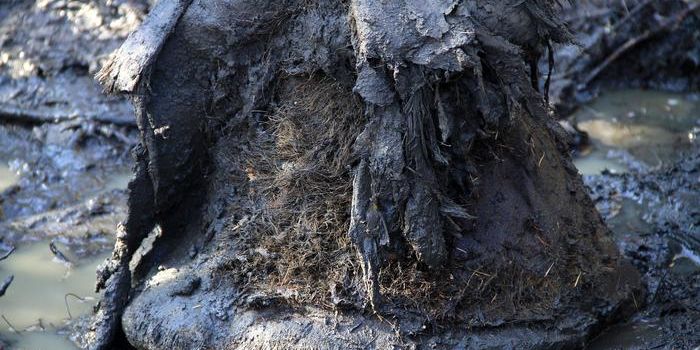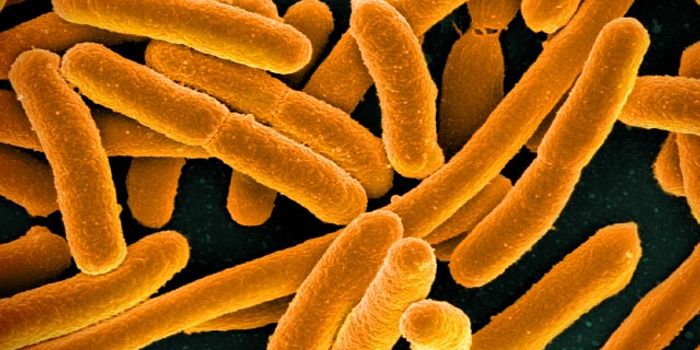A Nasal Spray That Seems to Prevent the Spread of COVID-19
Reporting in Science, researchers have created an antiviral nasal spray that could help us get the COVID-19 pandemic under control, which could require a multi-pronged strategy. Testing in ferrets, a common model of respiratory illnesses that are susceptible to COVID-19, showed that the nasal spray could block transmission of the virus between these animals in close quarters. So, it could help prevent the spread of the infection in humans. It may also be useful against the mutant forms of the virus that are emerging.
The spray uses a lipopeptide that's meant to stop the coronavirus from getting into cells. The virus has to use its spike protein to latch on to host cell receptors. When that happens, the virus merges with the host cell membrane and dumps its contents inside, infecting the cell. The lipoprotein stops the viral membrane from fusing with the cell membrane.
The lipopeptide recognizes the spike protein on SARS-CoV-2 particles and prevents the spike from adopting a compact shape that's needed for fusion by wedging itself into the unfolded part of the spike protein. This approach was first reported in October in mBio, where it was shown that the lipopeptide could stop the virus from spreading in a cell culture model.
The lipopeptide is inexpensive to make, has a long shelf life, and does not need special storage conditions. These qualities could make the spray ideal for rural and/or low-income communities.
For years, these researchers have been working with lipopeptides and investigating their potential as viral preventatives. They were able to adapt their research to COVID-19 when the pandemic started.
"One lesson we want to stress is the importance of applying basic science to develop treatments for viruses that affect human populations globally," noted Matteo Porotto, Ph.D., and Anne Moscona, M.D., professors in the Department of Pediatrics and directors of the Center for Host-Pathogen Interaction at Columbia University. "The fruits of our earlier research led to our rapid application of the methods to COVID-19."
The researchers also exposed cells that were infected with a range of SARS-CoV-2 variants, including newly emerging and highly infectious strains, to the spray. They found that the lipoprotein could stop the spike proteins of these variants from fusing with cells' membranes. The spray seems to be effective against new variants.
These nasal sprays would clearly also be very easy to administer. They could be used in virtually any setting including clinics, schools, or households where an uninfected person might be exposed to infected individuals. The researchers suggested that it would provide immediate protection that can shield against the virus for 24 hours or more.
"Even in an ideal scenario with large segments of the population vaccinated - and with full trust in and compliance with vaccination procedures - these antivirals will form an important complement to protect individuals and control transmission," Moscona and Porotto said.
Now the researchers are testing whether the spray prevents transmission in animal models, and are evaluating the formulation. They are hopeful that the spray will be brought to human clinical trials soon; it could be useful in reducing the chances that SARS-CoV-2 has to mutate into new strains and stopping the spread of the current ones.
Sources: AAAS/Eurekalert! via Columbia University Irving Medical Center, Science









